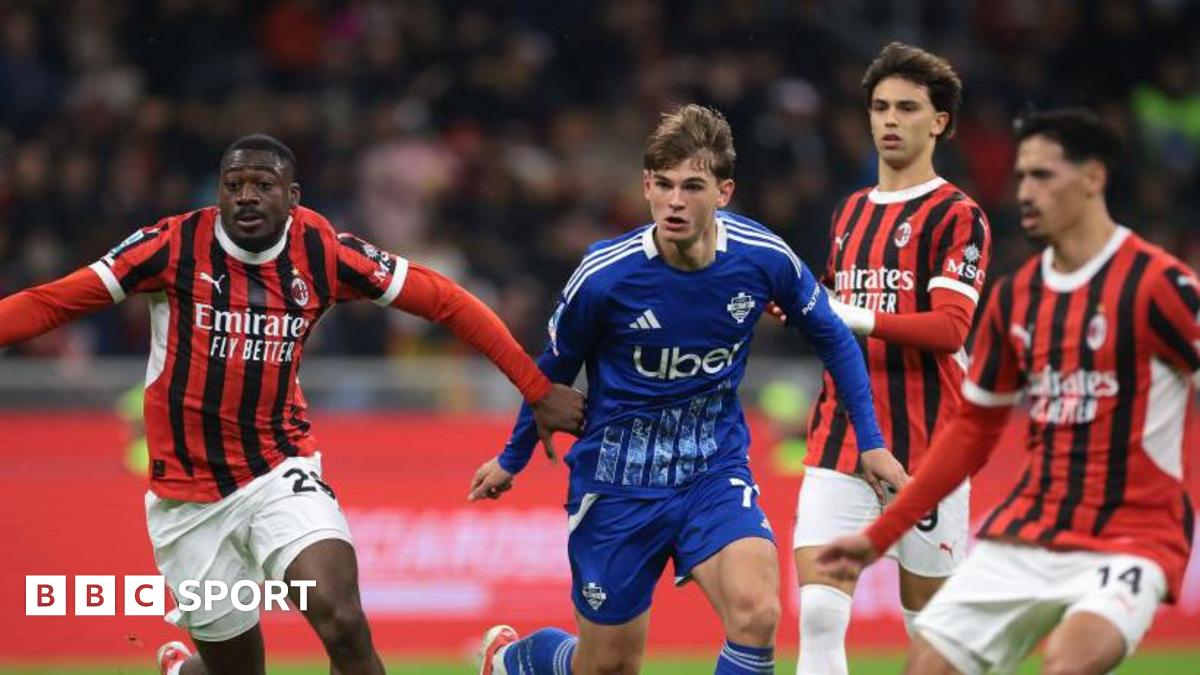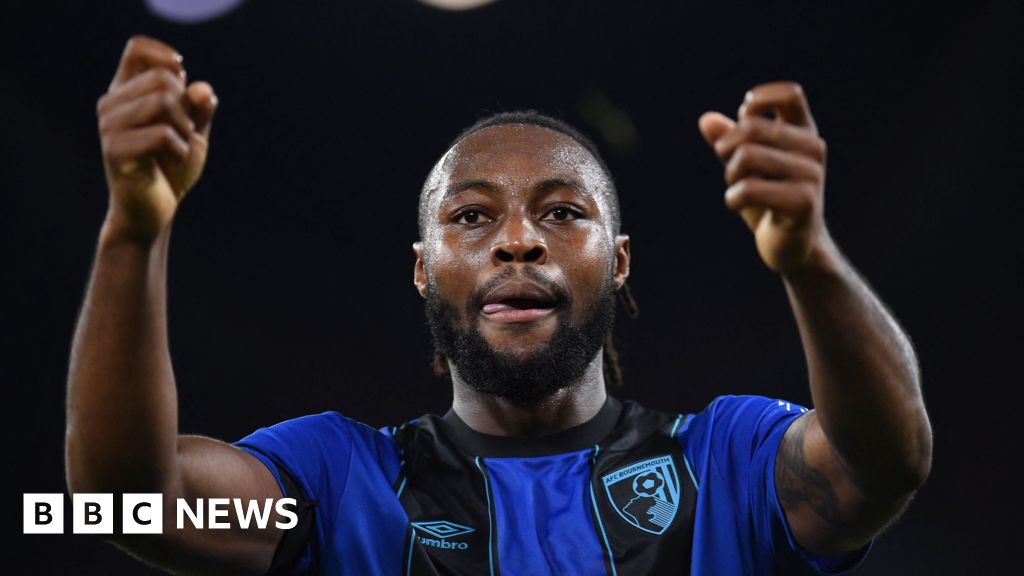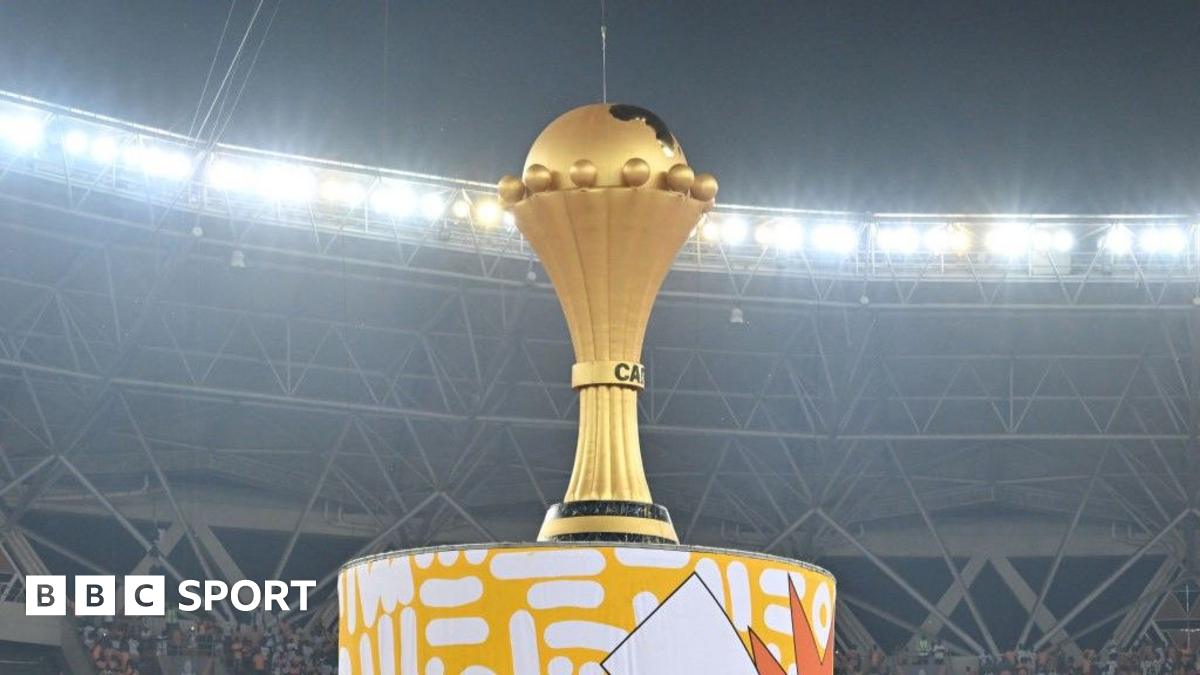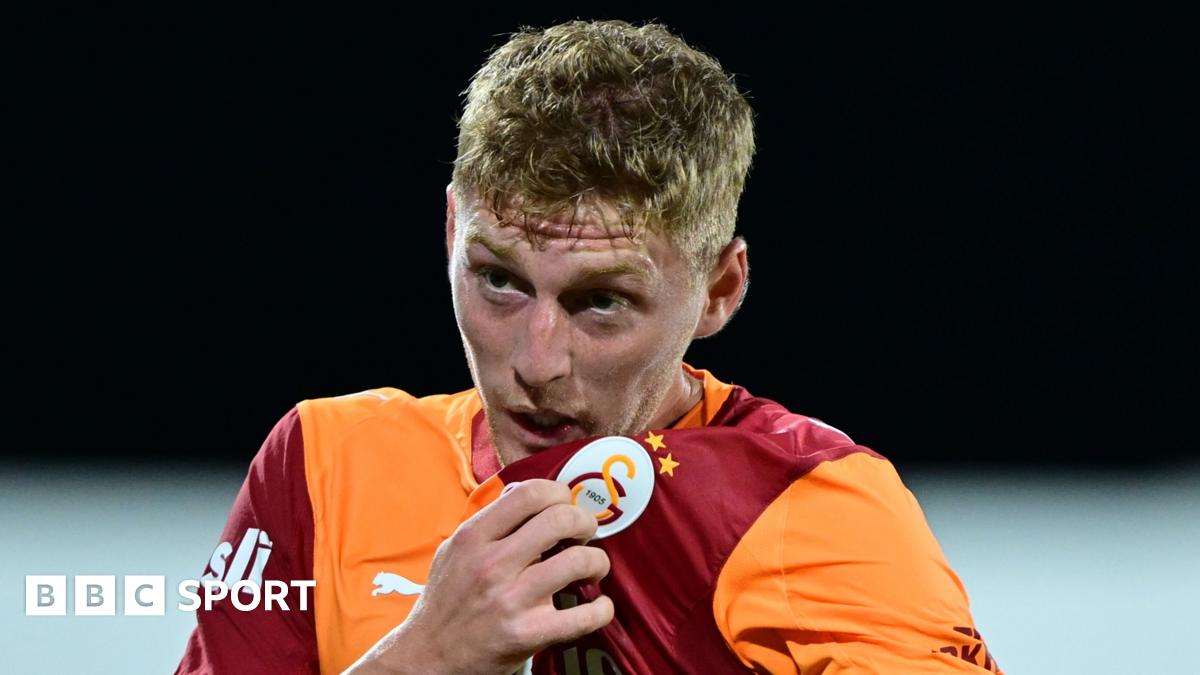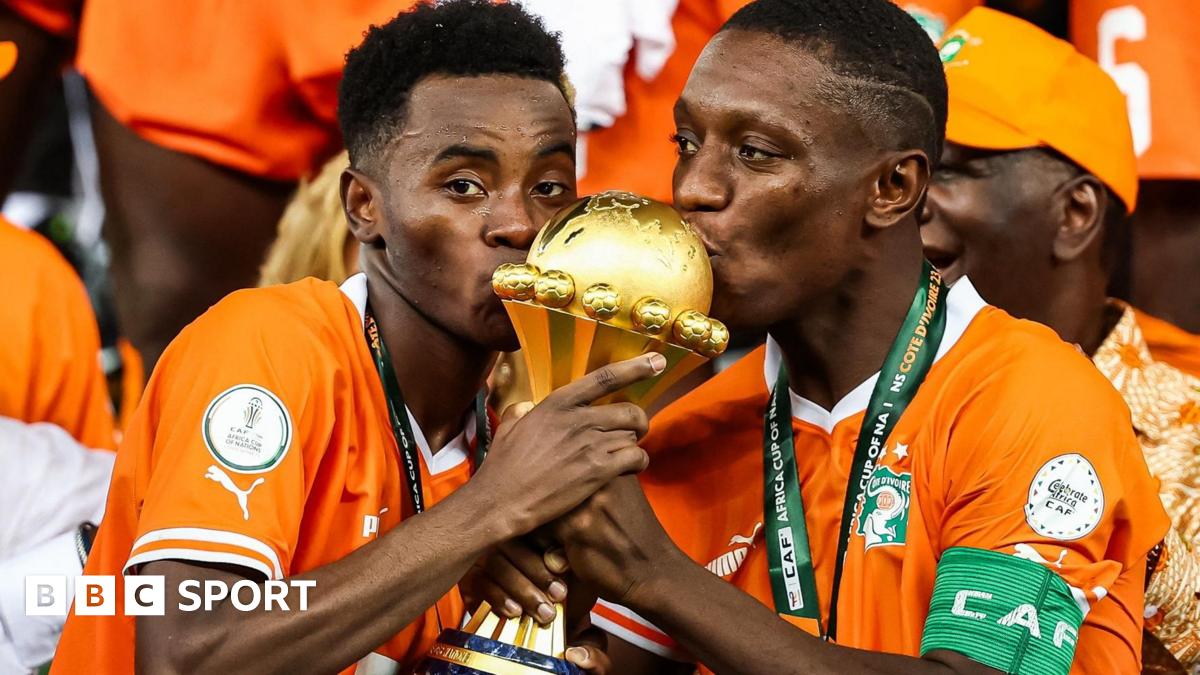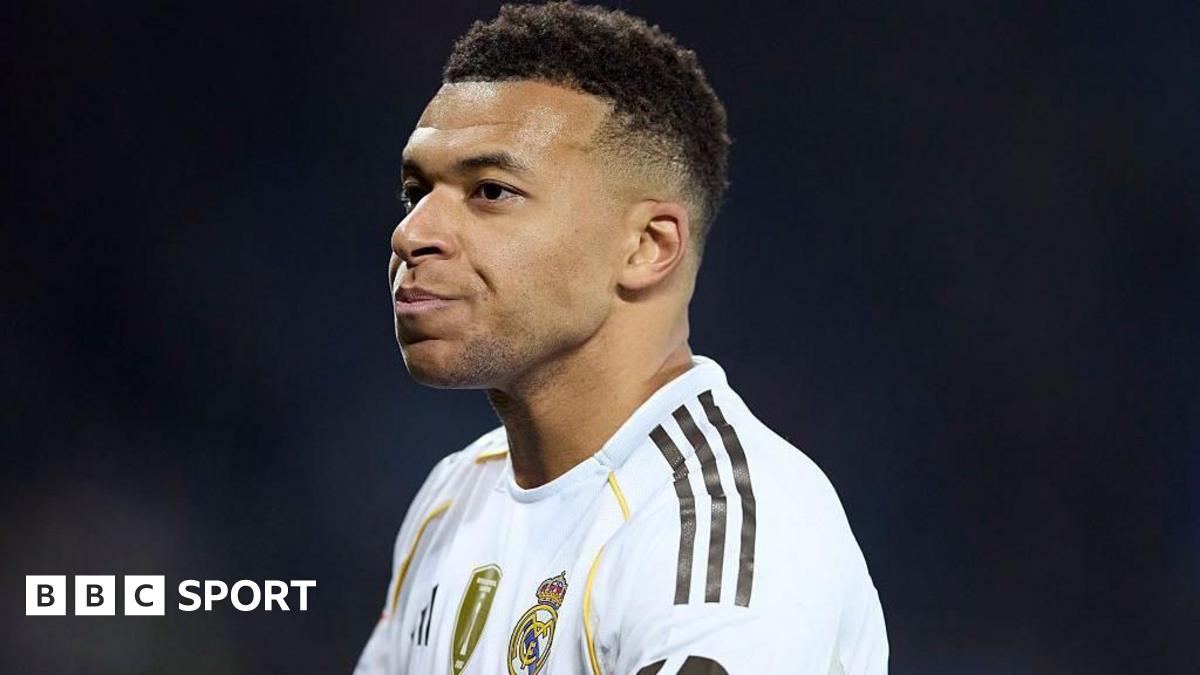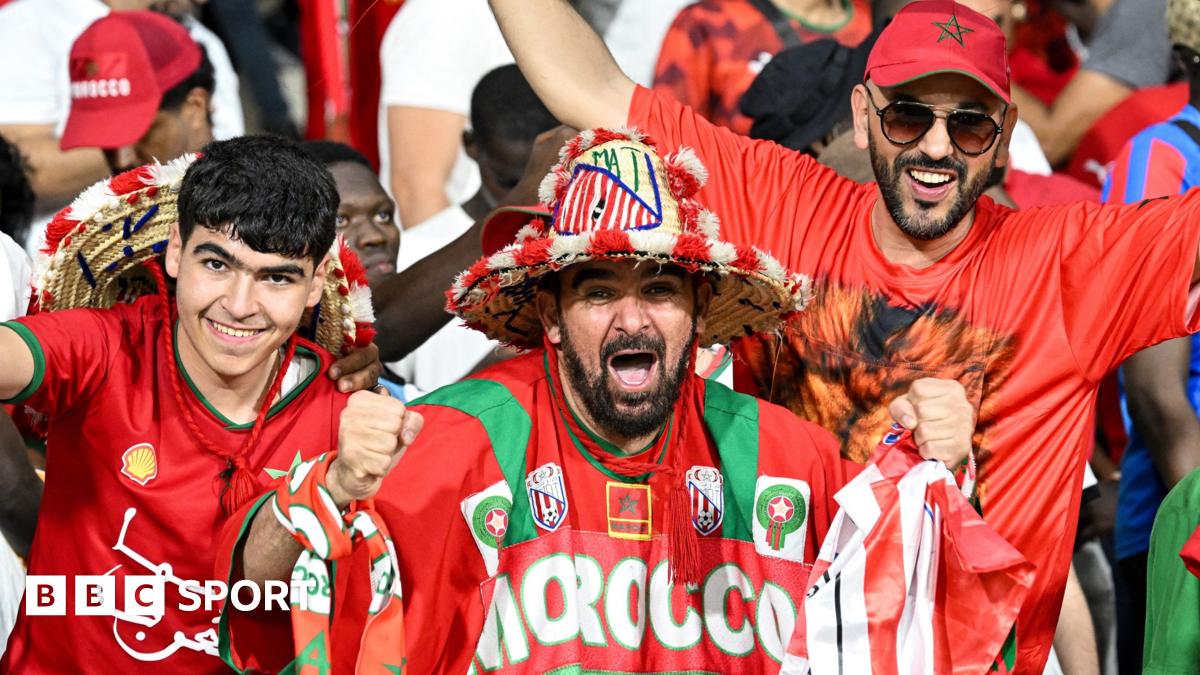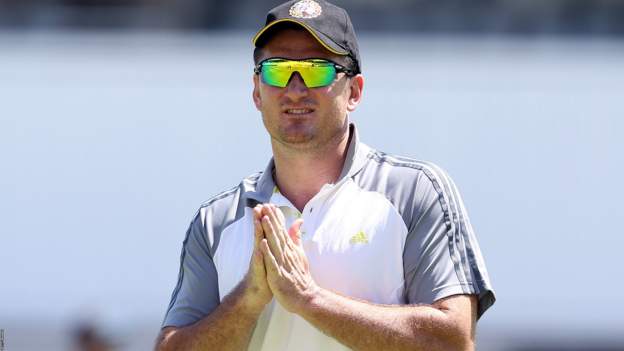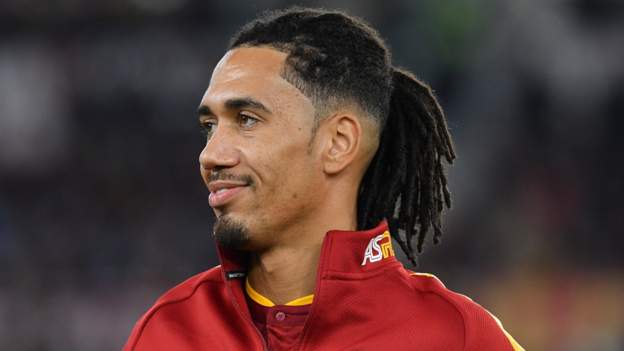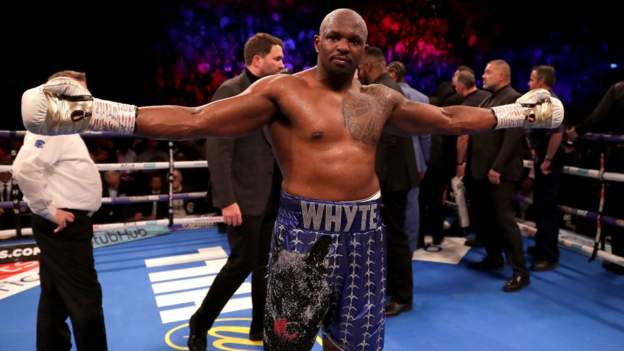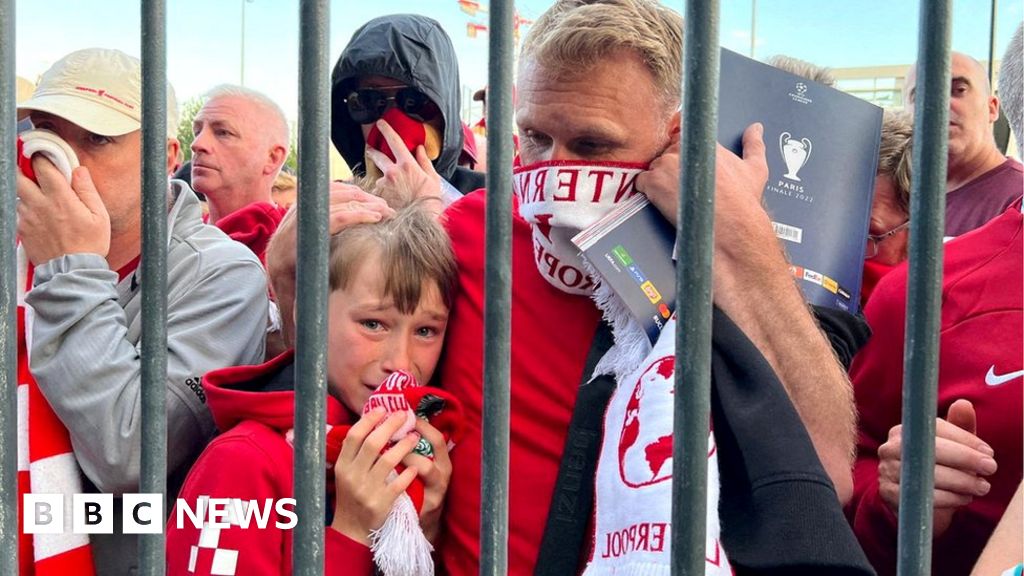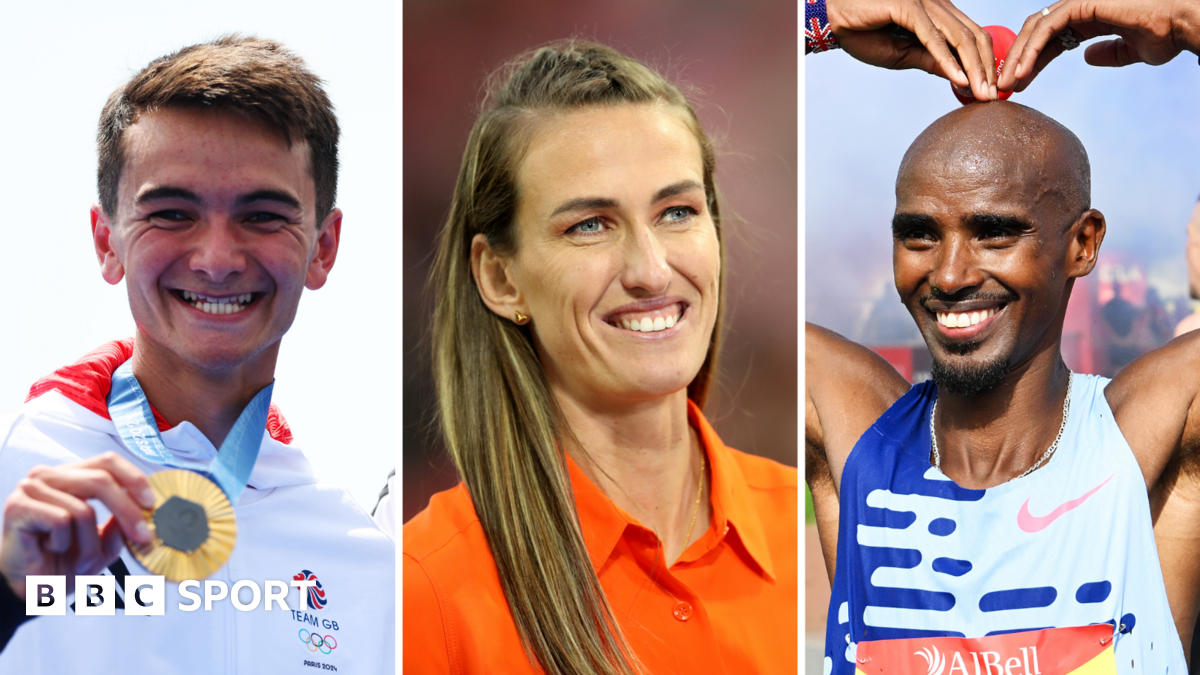The SA20 commissioner Graeme Smith says the first edition of South Africa’s T20 franchise competition “exceeded expectations” while boosting local economies and is now expanding as a result.
Next year’s competition will have a 12% increase in the salary cap to 2.15m dollars and also larger squad sizes to further encourage local talent.
January’s event was won by Sunrisers Eastern Cape as they beat Pretoria Capitals by four wickets in front of a sell-out crowd in Johannesburg.
“The economic impact is already huge from the study we’ve done,” former South Africa captain Smith told BBC Sport Africa.
“Employment is growing because of the investment. It’s developing and getting these global teams, franchises and businesses to really start investing in a country like South Africa and Africa as a whole.
“Post Covid, a lot of the industries in and around sport took a beating and it’s an area that is now really growing – from restaurants in and around stadiums, to agencies, to people that worked on the events.
“Our teams have opened up businesses in South Africa. They’re employing people. We expect to go from strength to strength over the next number of years. You can touch on travel, you can touch on the hospitality industry – hotels for two months a year – we dominate six major parts of South Africa.
“You start to see the impact that the sports industry is having in a country, and how it can benefit the economy, and it’s huge. The investment is growing annually and, hopefully, this year those numbers will be even bigger than last January.”
Investing in South Africa
Criticism was levelled at last year’s draft ahead the 2023 launch for the lack of black South African players selected.
The then South Africa T20 captain Temba Bavuma, who is now the Test and ODI captain, missed out on the initial squads and was only later called up as a replacement.
Smith insists the tournament organisers will not interfere in the team selections by the franchise owners and has ruled out a Rooney rule or quota system.
“That area, we think, will naturally strengthen itself over time,” Smith reiterated.
“We’ve been very clear from the start that our franchises are investing in South Africa cricket.
“They building new environments and we expect that to naturally grow and to develop but as a league we don’t get involved in selection.
“We draft the regulations for them to operate within but we leave all selections up to the franchises, because, as I said, it (the SA20) was a huge success.
“With our teams, we are working alongside Cricket South Africa on programs and the investments going into growing the game and developing the game.”
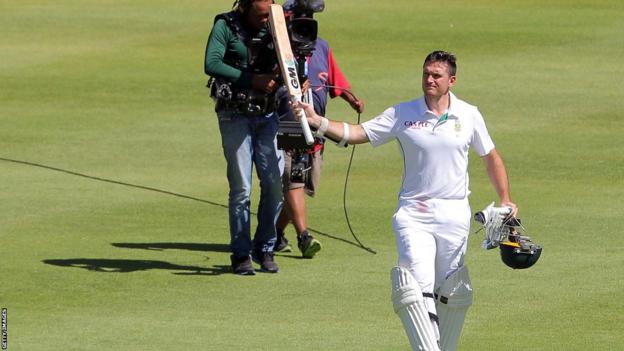
The SA20 only had a preparation period of five months before the first game of the competition.
The six competing franchises that were established in that time were all bought by owners from the Indian Premier League (IPL) and players were then bought in a draft in the interim.
Smith, who made 347 appearances for South Africa, had outlined plans for the competition to sit second only to the IPL on the global stage, which increased pressure on the rapidly arranged launch.
“You work hard on these things, and you put in as much time as you can, into what was a short period of time,” Smith continued.
“But I think for all of us that first week will live in our memories for a long time.
“When you get into those stadiums, the way the fans were just pumping in and the atmosphere, the way that they took to their teams straight away, it was an incredible experience – goose bump moments even when you think back to it.
“We would love to recreate that feeling in South Africa and put cricket back where it belongs. We’ve taken a big step forward. And obviously this year we challenge to do it again.
“We want to be the number one sport and entertainment league in South Africa and, outside India, the biggest global league.
“So those are pretty big aspirational goals that we publicly set for ourselves. We exceeded expectations across the board, even with the franchises, in season one.”
Another area of growth that has been questioned is a women’s SA20.
It is something Smith has said they are committed to launching but feels there is still some way to go on participation levels in the country first.
“It’s obviously a priority and we are working with Cricket South Africa. We’ve engaged with them heavily on this,” he said.
“They are planning a big investment into the women’s game. The South Africa player pool is something that desperately needs to be grown.
“Where we sit currently is: how we can support that and develop it to a level where we can really establish a really strong women’s version of the SA20?
“So in the short term we are looking to support those programs because they are making a big investment into the women’s game.”

